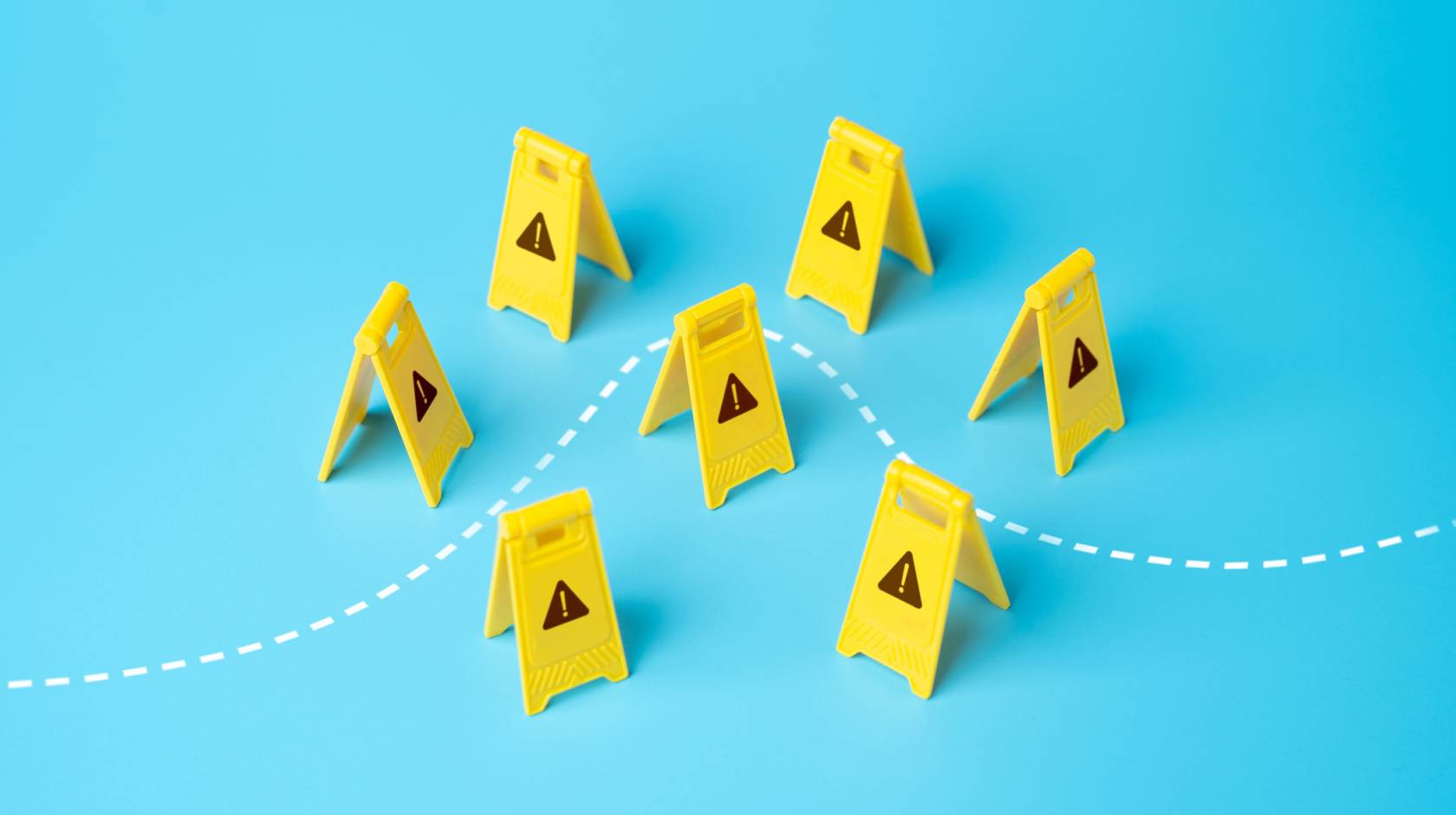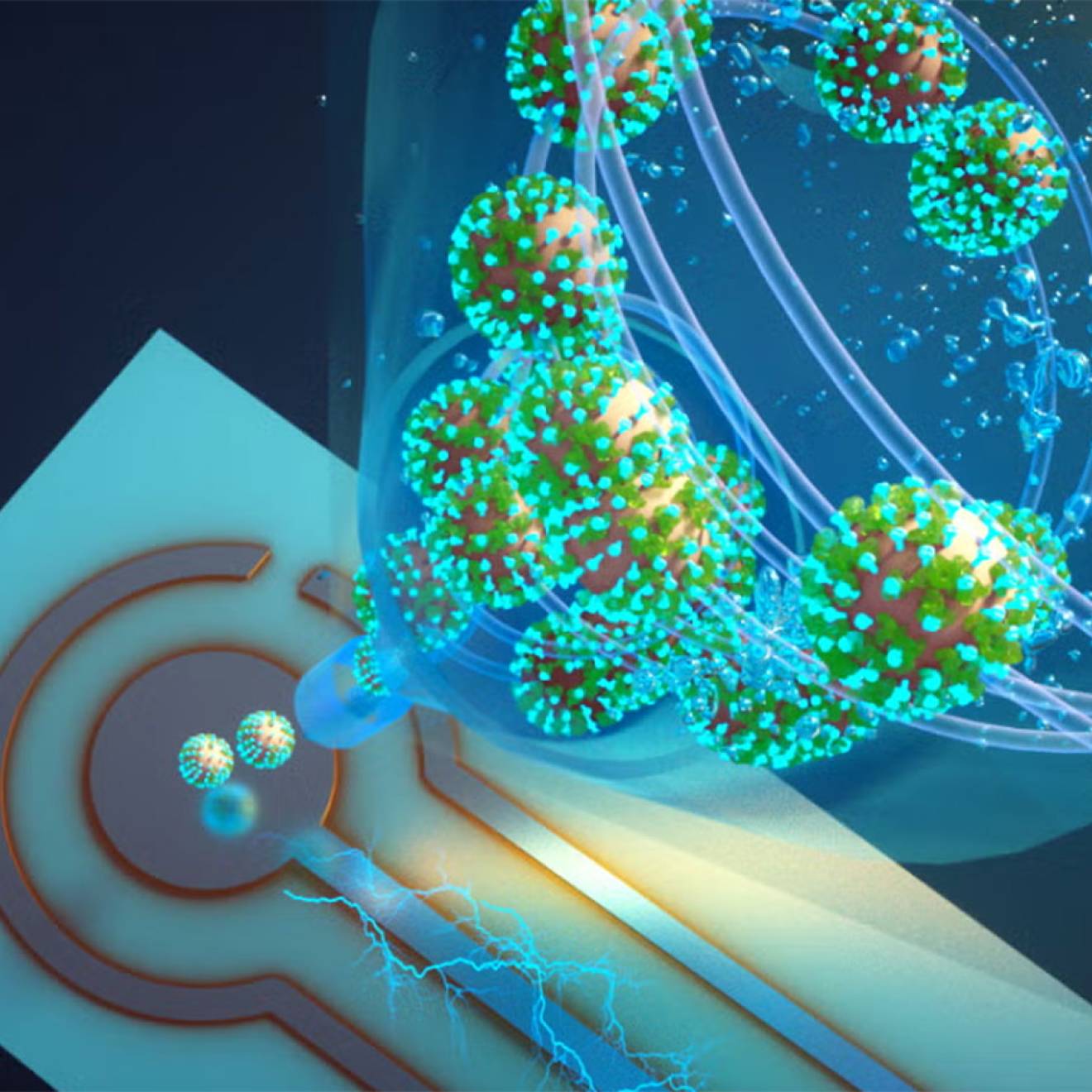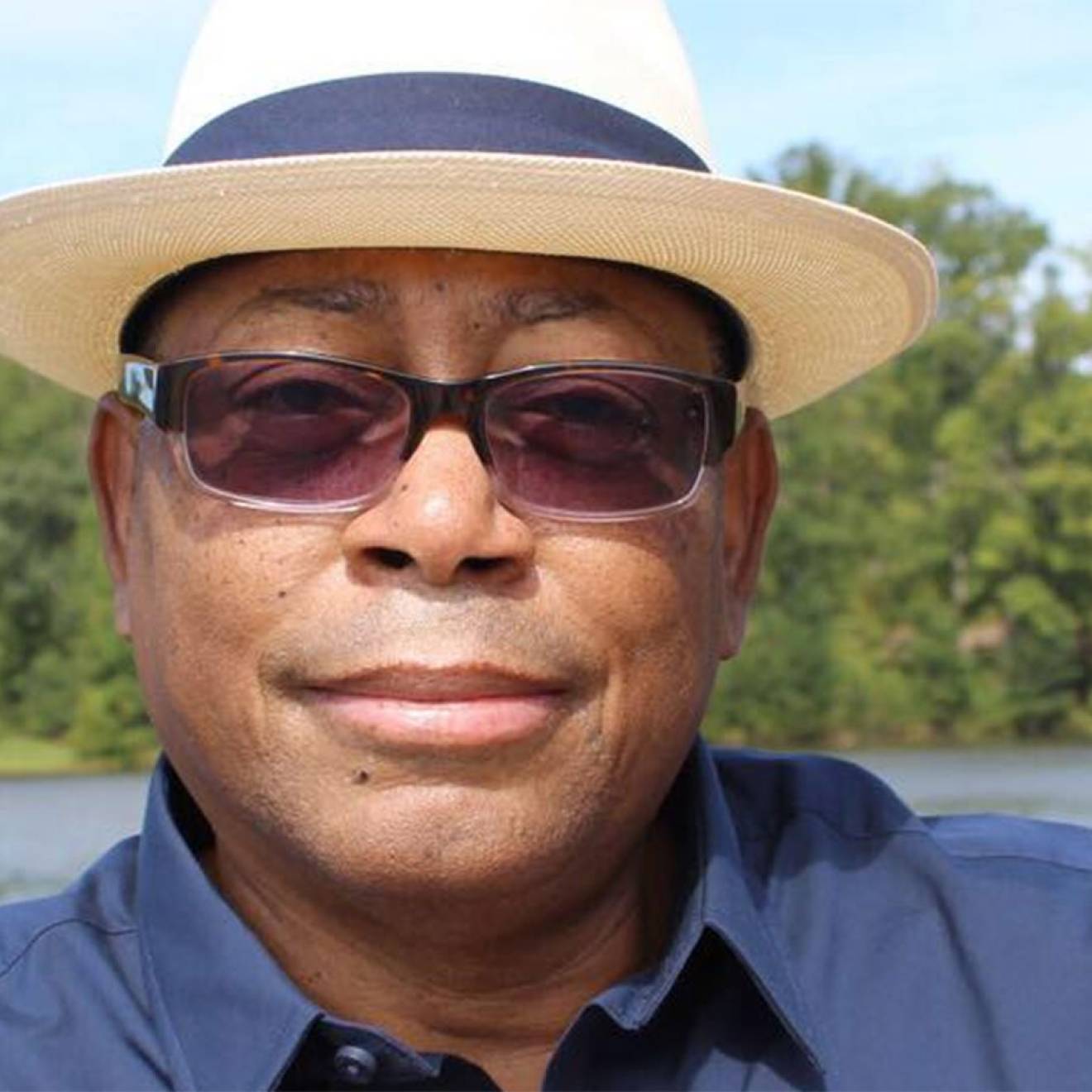Joel Wong, UC Berkeley Greater Good Magazine

During the COVID-19 pandemic, my family and I stumbled on a deal too good to ignore — cruise ship prices had plunged, so we happily booked our berths.
Well, it turned out to be quite an adventure.
During the cruise, one of the ship’s propeller motors died. Luckily, the ship could still move, but at a slower pace. Several ports destinations were canceled. Some of the passengers were livid, and the air buzzed with complaints about ruined vacations.
My family and I were disappointed but not angry. Not because we were saints — far from it. A little backstory explains our relatively mild reaction.
The thing is, we almost didn’t make it up the ship. On our three-hour drive to the port, we got a flat tire on our rental car and discovered, to our horror, that there wasn’t a spare tire in the car.
When we finally found help, I sped to the port, while my wife begged on the phone for the ship to wait for us. We made it — barely — just as the gates were closing. Phew!
This near-miss experience changed everything. For the rest of the trip, we were just grateful to be there. Missing a few ports? No big deal compared to missing the ship entirely.
As a gratitude researcher, I’ve learned a lot from the scientific literature on how to be grateful. But I’ve also often thought about this cruise ship experience — because it taught me an important lesson that reshaped my thinking on gratitude.
The power of beneficial absences
We often thank people for what they did. And when we experience gratitude, it’s typically for good things that occurred in our lives.
But can you be grateful for something that didn’t actually happen? Can you thank others for something they didn’t do?
Yes, and yes.
Philosophers use the term counterfactuals to refer to imagined alternatives to actual events — scenarios that could have happened but didn’t.
Counterfactual reasoning engages our minds in what-if scenarios. What if I had never met my life partner — how would my life be different? What if I had studied harder on an exam — would I have obtained a better grade? What if I hadn’t lost my temper during an argument with a close friend? And the list goes on.
The ability to engage in what-if thinking may be one of the unique and creative features of the human mind. It gives us the capacity to learn from our mistakes, and as we consider what we could have done differently, it helps us improve.
What-if thinking can also harm us if it leads to regretful rumination — constantly replaying in our minds what could have been better and what we could have done differently.
But if you’re prone to what-if thinking, I’d like to suggest you likely possess a hidden superpower that gives you the capacity for gratitude.
To understand how this works, let me introduce you to what I call beneficial absences — the quiet gifts in our lives that come from restraint, omission, and avoided misfortune. These are things that didn’t actually happen—and you’re glad they didn’t.
Let’s unpack three types of beneficial absences and how reflecting on them increases your ability to live gratefully.
1. Could have been a disaster (CBAD)!
The first involves downward counterfactuals. When you engage in downward counterfactual thinking, you’re comparing your current situation with a worse-off scenario that didn’t happen.
Downward counterfactuals thinking sounds a bit too academic, so I’ve devised a more intuitive term for this idea — could have been a disaster or CBAD.
Research backs up the idea that CBAD thinking can be good for you. One study found that participants who engaged in CBAD thinking reported more thankfulness.
In another study, my colleagues and I randomly assigned people to write about one of the most intensely happy experience in their entire life, one of the most intensely grateful experiences in their life, or a recent grateful experience. The differences were pretty stark. About 9% of participants in the intense gratitude condition wrote about avoiding a bad outcome (CBAD thinking), while 6% did so in the recent gratitude condition. But less than 1% of those in the intense happiness condition wrote about this topic.
So the ability to engage in CBAD thinking may be linked to gratitude in ways that distinguishes it from other positive emotions.
You could experiment with a bit of CBAD thinking everyday—consider the automobile accidents you never experienced, the illness that could have been a lot worse, or the rain that didn’t occur during an important outdoor event, like your wedding.
2. The gift of grace: discipline or criticism withheld
We’re wired to thank people for what they do. But are we overlooking what they refrain from doing?
Here, I’m referring to the times when others extend grace to you by withholding criticism or discipline you deserved. The parent who held their tongue instead of criticizing. The partner or friend who withheld judgment when you’re not at your best behavior.
In one study, employees who acknowledged that their supervisors adopted less punitive discipline for workplace misconduct felt more grateful toward them — but only if they recognized their supervisors’ leniency was due to their kindness and not because of the employees’ special relationship with their supervisors.
The takeaway? A healthy dose of humility makes gratitude possible. It means recognizing you deserved that criticism or discipline and that someone was being kind by choosing to withhold it.
3. When not helping is the kindest help
We’re quick to thank others for their help and advice. But, less intuitively, we can also be grateful to others for the help and advice they did not provide.
Why? Because sometimes, the kindest thing is to hold back.
Philosopher Stefan Ridener proposed the novel idea that gratitude is the response to being shown positive moral regard. In some cases, this could involve omitting an act of paternalism to respect your autonomy.
Receiving help and advice is generally a good thing. And, in many situations, it’s healthy to receive help and advice.
But there are occasions when providing help and advice compromises someone’s autonomy. Recognizing that can make us grateful for the people in our lives who thoughtfully held back from giving advice and help we didn’t need.
Consider the times your family members trusted you to make important life decisions without jumping in with unsolicited advice. Or perhaps your supervisor once allowed you to take full ownership on a project without offering unnecessary help or advice.
These are all opportunities to be grateful to the people around us — especially when we recognize that it’s easy to give advice and help, but it takes wisdom to stay silent.
Putting it into practice
Want to expand your gratitude muscle? Reflecting on beneficial absences — the invisible good things in your life — is one way to do that.
Ask yourself:
What’s something you’ve taken for granted that could have easily gone wrong—but didn’t?
When did you narrowly miss a very bad outcome?
Who showed you grace by withholding judgment and discipline when you deserved it?
Who honored your autonomy by not giving you unnecessary help and advice?
In the end, gratitude isn’t just about what’s seen and said — it’s also about the criticisms swallowed, the advice people resisted giving, and the disasters we narrowly missed.

